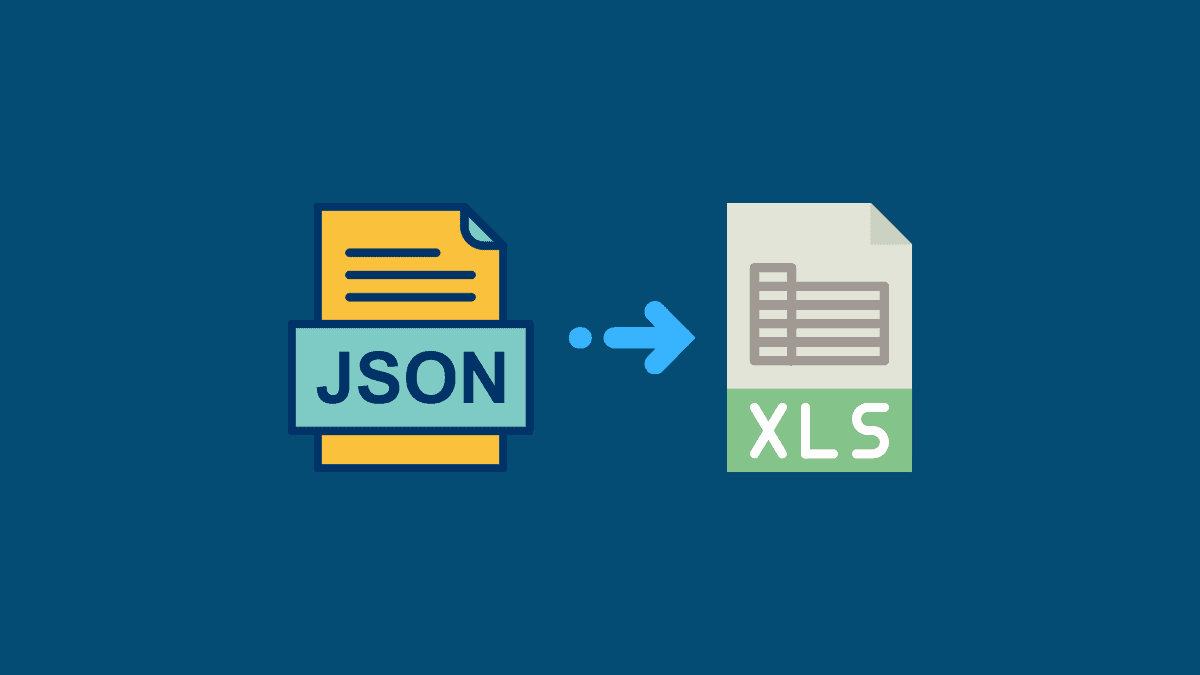The Potential of Online File Conversion Tools: Transforming Data with Ease
In the age of digital information, the ability to seamlessly convert and manipulate data between different formats is an invaluable skill. The demand for efficient data management has led to the emergence of a suite of online file conversion tools, each designed to streamline the process of transforming data from one format to another. In this blog post, we will explore the world of online file conversion tools, with a focus on versatile options like JSON to Excel, JSON to XML, Excel to JSON, and CSV to JSON converters. These tools empower individuals and businesses to harness data in more meaningful ways, fostering effective communication and decision-making.
1. JSON to Excel Converters: Bridging the Gap between Data and Spreadsheets
JSON (JavaScript Object Notation) is a popular format for structuring and transmitting data, often used in web applications. However, when it comes to analyzing or visualizing data, Excel's spreadsheet capabilities are unparalleled. Online JSON to Excel converters serve as the bridge between these formats, allowing users to transform JSON data into Excel spreadsheets with ease.
This tool is a game-changer for data analysts, researchers, and businesses that rely on data-driven insights. By converting JSON data into Excel, users can leverage Excel's robust features for sorting, filtering, and creating charts, enhancing their ability to draw meaningful conclusions from complex datasets.
2. JSON to XML Converters: Adapting Data for Different Platforms
XML (eXtensible Markup Language) is another widely used format for structuring data, particularly in applications requiring structured data exchange. JSON to XML converters facilitate the transition between these formats, making it possible to adapt data for systems that require XML formatting.
Developers and software engineers often encounter scenarios where data needs to be shared with systems that operate using XML. JSON to XML converters ensure seamless compatibility, enabling data to flow smoothly across different platforms and applications.
3. Excel to JSON Converters: Leveraging Data Flexibility
Excel is a go-to tool for data manipulation, analysis, and visualization. However, there are instances when data needs to be integrated into web applications or shared in JSON format. Online Excel to JSON converters provide a simple method for transforming Excel spreadsheets into JSON data structures.
This tool empowers businesses and developers to leverage Excel's data manipulation capabilities while easily integrating the data into web applications. From e-commerce platforms to data-driven websites, Excel to JSON converters ensure a seamless flow of information.
4. CSV to JSON Converters: Enhancing Data Portability
CSV (Comma-Separated Values) files are a popular choice for tabular data due to their simplicity and compatibility across different applications. Yet, JSON's structured format offers enhanced capabilities for complex data. Online CSV to JSON converters facilitate this transition, enabling users to transform tabular data into JSON structures.
For businesses dealing with vast amounts of data, this tool simplifies the process of migrating data between systems, databases, and applications. Whether it's updating product information on an e-commerce platform or syncing data across multiple platforms, CSV to JSON converters ensure data portability without the need for manual data entry.
Conclusion
In the digital landscape, where data is at the heart of decision-making and communication, online file conversion tools play a crucial role in enabling seamless data transformation. From JSON to Excel and XML to JSON, these tools empower individuals and businesses to adapt data to their needs, enhancing productivity and expanding the possibilities of data-driven insights.
By harnessing the capabilities of online file conversion tools, professionals across various industries can streamline workflows, enhance collaboration, and unlock the full potential of their data. As technology continues to evolve, these tools will likely become even more sophisticated, enabling even greater flexibility and efficiency in data management and analysis.









